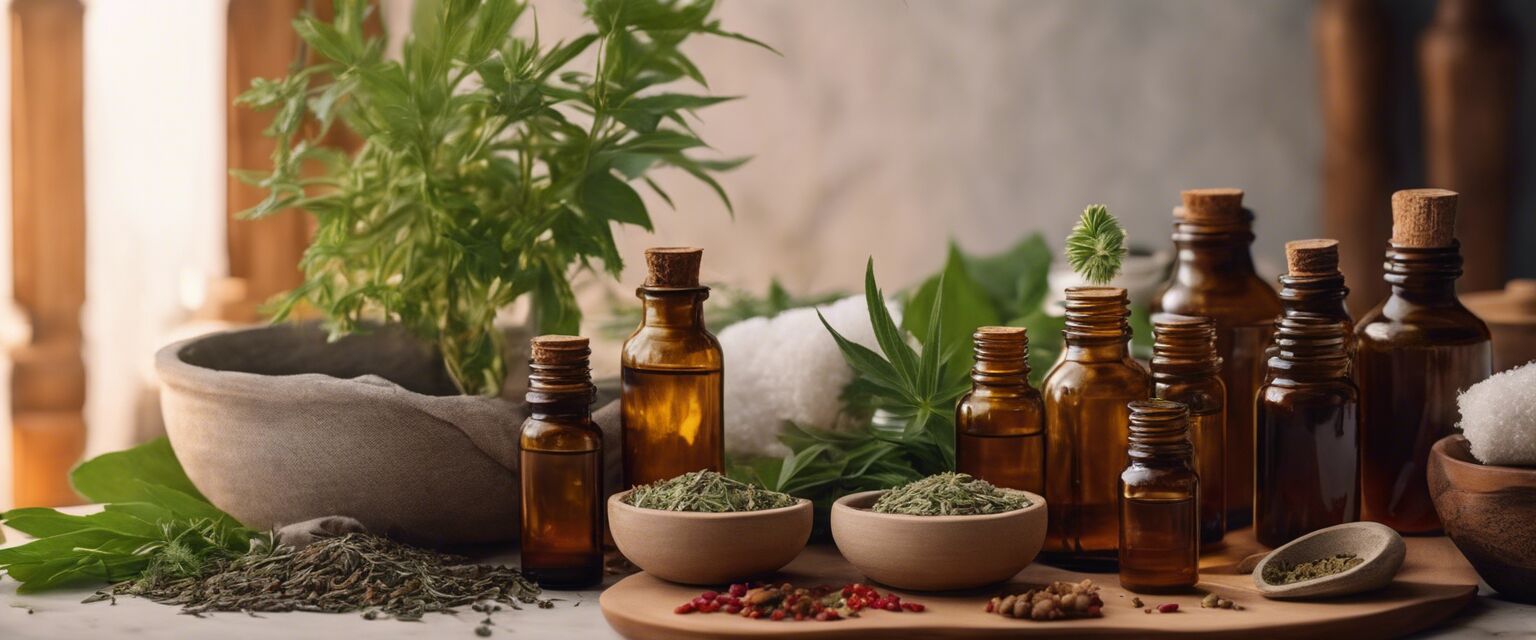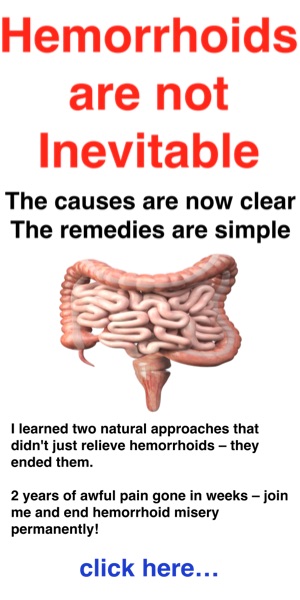
Exercise and hemorrhoids
Key Takeaways
- Regular exercise can help reduce the risk of hemorrhoids.
- Certain types of exercises are particularly beneficial.
- Staying active promotes better digestion and circulation.
- Consulting a healthcare professional before starting any exercise program is advisable.
Understanding the relationship between exercise and hemorrhoids is essential for managing and preventing these common issues. Regular physical activity can play a significant role in reducing the risk of developing hemorrhoids and can also alleviate some symptoms. In this article, we'll explore how different types of exercises can help, along with lifestyle adjustments that can further support your health.
How exercise impacts hemorrhoids
Hemorrhoids occur when veins in the rectal area become swollen and inflamed. Physical activity can aid in preventing this condition by improving blood circulation, promoting regular bowel movements, and reducing the likelihood of constipation. Here are some reasons why exercise is beneficial:
- Improves blood circulation: Engaging in regular physical activity enhances blood flow, which can reduce the pressure in the anal veins.
- Supports digestion: Exercise encourages healthy digestion, which can prevent constipation and straining during bowel movements.
- Promotes weight management: Maintaining a healthy weight reduces the pressure on the pelvic area, which can help prevent hemorrhoids.
Types of exercises that can help
Not all exercises are equally beneficial when it comes to managing hemorrhoids. Here are some recommended types:
| Type of Exercise | Benefits |
|---|---|
| Walking | Low-impact activity that promotes circulation and digestion. |
| Yoga | Stretches and strengthens the body while promoting relaxation and better bowel function. |
| Cycling | Low-impact cardiovascular exercise that helps maintain a healthy weight. |
| Strength training | Building muscle can aid in weight management and improve overall body function. |
Walking
Walking is one of the simplest and most effective exercises for managing hemorrhoid symptoms. It is a gentle activity that doesnât put excessive pressure on the body. Aim for at least 30 minutes of walking most days of the week.

Yoga
Yoga combines physical activity with mindfulness, which can alleviate stressâan important factor since stress can contribute to digestive issues. Certain poses can help improve circulation and promote relaxation.

Cycling
Cycling, whether on a stationary bike or outdoors, is an excellent way to maintain cardiovascular health without putting too much strain on the body, making it a great choice for those with hemorrhoids.
Strength training
Incorporating strength training into your routine can enhance your overall fitness and support weight management. Focus on exercises that engage major muscle groups but avoid heavy lifting that can increase strain.
Additional lifestyle adjustments
In addition to exercise, other lifestyle adjustments can help manage and prevent hemorrhoids. These include:
- Maintaining a high-fiber diet to prevent constipation.
- Staying hydrated by drinking plenty of water.
- Avoiding prolonged sitting or standing when possible.
- Practicing good bathroom habits, such as not straining during bowel movements.
Conclusion
Exercise can significantly contribute to the prevention and management of hemorrhoids. By incorporating regular physical activity and making necessary lifestyle adjustments, you can maintain better digestive health and reduce the risk of developing hemorrhoids. Always consult with a healthcare professional before starting any new exercise program to ensure it aligns with your health needs.
Pros
- Supports overall health and well-being.
- Reduces the risk of constipation and straining.
- Enhances blood circulation.
- Promotes weight management.
Cons
- Some exercises may not be suitable for everyone.
- Need to ensure proper form to avoid injury.
- May require time and commitment to see benefits.
Tips for beginners
- Start slowly and gradually increase your activity level.
- Choose activities that you enjoy to maintain motivation.
- Listen to your body and rest when necessary.
- Consider joining a community or class for support.
For more information on dietary changes that can help manage hemorrhoids, check out our page on dietary changes. You can also explore herbal remedies and hydration techniques to further support your health.









